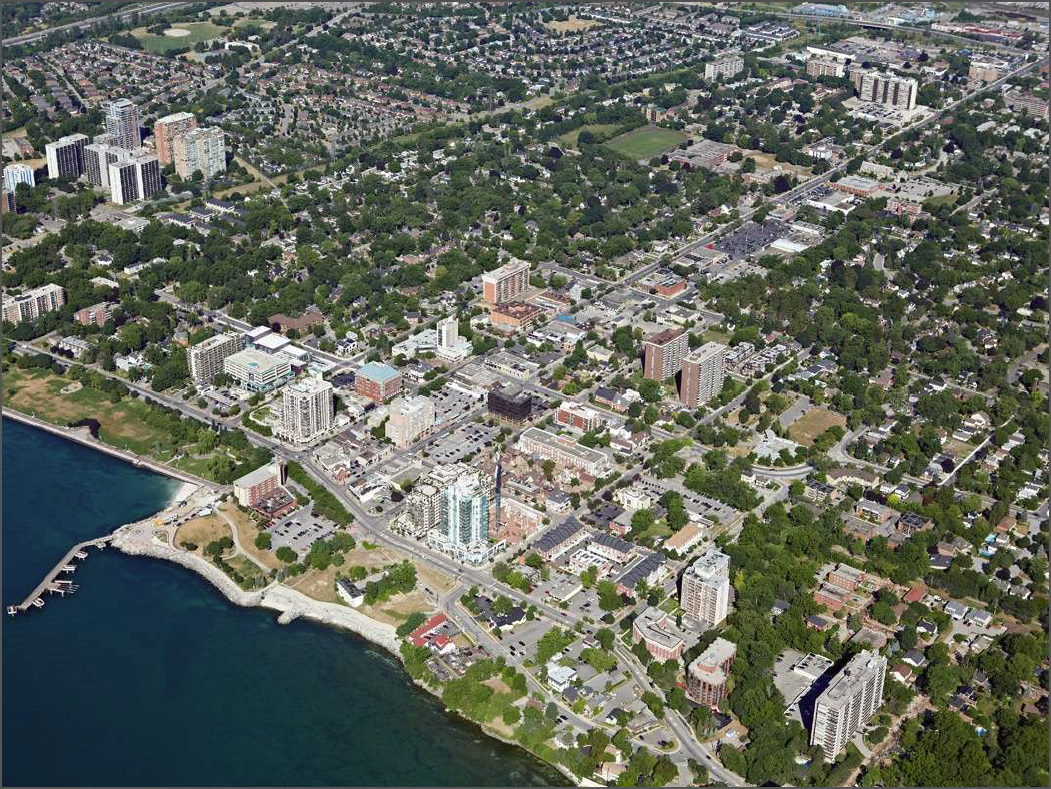 By Staff
By Staff
January 18th, 2018
BURLINGTON, ON
With all the confusion, all the concern and a deep mistrust on the part of a significant portion of the downtown population the city is going to introduce another layer of information and advice.
The city created an Urban Design Advisory Panel and asked for people who were interested to get in touch with the Planning department. They were seeking architects, landscape architects, urban designers and planners as members for its inaugural term (2018 to 2020).
The mandate of the Burlington Urban Design Advisory Panel is to provide independent, objective and professional urban design advice to the Department of City Building – Planning, Building and Culture on all tall and mid-rise buildings (five storeys or greater) and all public development projects, studies and policy initiatives with the objective of achieving design excellence in the city.
The city “is at a unique time in its history. With very little green space left for the development of suburban-type neighbourhoods, the city can no longer grow out. Instead, it must grow from within its existing urban area.”

No green space left – so it is build up, build smart and build beautiful.
Applications were due by Dec. 22, 2017
Selected candidates were to be contacted in early January 2018 to arrange an interview with city staff.
Joe Gaetan, a Gazette reader wanted to know “who establishes the guiding principles for this panel?” And wondered if “any thought has been given to any form of citizen engagement on urban design, or do we have to wait until all the decisions are made and then react?”
















… then there are those if us who left public service having worked in planning departments, regional government, economic development offices and consulting practices serving the development business.
Now I’m a private citizen who might have been interested in the UDAP but because they want people who are actively working, the door is closed.
There is a crisis of leadership at City Hall. Staff are lead to serve Council, not the public. Councilors hide behind committees and avoid engaging public groups and citizens – even when they delegate to meetings.
This plus the City is having a very hard time with its ‘success’ as an attractive bedroom community to Toronto. Time after time things have gone pear shaped: the pier, the performing arts building, funding the hospital expansion, citizens taking the City to the OMB, and now a downtown mobility hub that doesn’t meet such criteria. Something is seriously wrong with the way the City conducts business and serves its taxpaying constituents.
People I talk to can’t wait to get the chance to remind City Hall who they work for leading up to and during an election year. They are looking for leaders who understand true consensus is reached via mutual respect, and they want a track record to back that up.
Things are only going to get rougher until the citizenry feel they have been heard and feel they are treated as equal partners. Perhaps fresh faces will help clear the slate of the old guard who have let them down too many times.
It is difficult to figure how an objective panel can be put together – these requirements mean that you either work or have worked in development-related work. Am I going to objectively comment on another planner’s, architect’s or designer’s professional work, particularly if I am looking for future contracts.
Once you get past this hurdle, the issue of achieving good design is paramount to the vitality of a friendly downtown. At the ground level, where most of us dwell in these pre-legalization days, it does not matter if a building is 12 or 23 stories high, give or take a few extra cars on the road. The key determinants for the liveability of a successful downtown and civic core happen at the sidewalk level, both in the day and night. Where our proposed plans are most. incomplete is the integration and mixing of public and private at the ground level. The planners, architects and developers are producing regulations for site development, not integration for the civic experience.
The ground floor of these new condo towers is, quite frankly, an afterthought for developers – commercial-at-grade is yet another regulatory requirement creating a long-term headache for the condo developer. These guys want just want to build and sell condo units, and move onto their next project. So, as a result, we end up with sterile, ground-related retail spaces that do not work to enhance the small-town character of our downtown core. We are investing heavily in the core – pier, beach park, performing arts, art gallery, Joesph Brant museum, so-on and so-on. These investment along with the beautiful waterfront parks are what add value to the developers’ properties. In return this and site density, we should be able to achieve cohesive core experiences, rather than a set of individual towers, no matter how nice they look on the designers drawings and models.
What are good examples of what can be achieved at ground level? We do not need to go go to Paris or New York for examples. The parking garage on Locust? The integration of public (Tourism Burlington and a public lobby) with unique bakery/restaurant = successful downtown character development. Or, look across the street – the wide sidewalks with trees and an outdoor restaurant. So, much can be accomplished with good design and we can have good integration at the street level.
Another good example, decades before its time, is Village Square. A commercial flop for a variety of reasons, but no one really cares if the attached condo building was 6 or 16 stories. The design integration with the core and historic building preservation is a good example of how creativity can overcome high-rise phobia.
Cut out the pass-through traffic along Lakeshore ( an easily handled traffic management solution) and you can begin to integrate the waterfront activities to a dynamic core. I once heard Mayor Hazel once say that only she regretted when she built downtown Missisauga was that she did not build on the waterfront. Burlington has a chance to do something unique -the private market wants to build in our downtown, and now, Council needs to shape that development.
Don
In theory, a design panel is a great idea. Given the low regard city hall has for the public, I fear the panel will be weaponized – a group of ‘experts’ beating down the ‘misinformed’ views the rest of us hold.
This does seem a bit like a case of the old adage of closing the barn door after the horse has bolted.